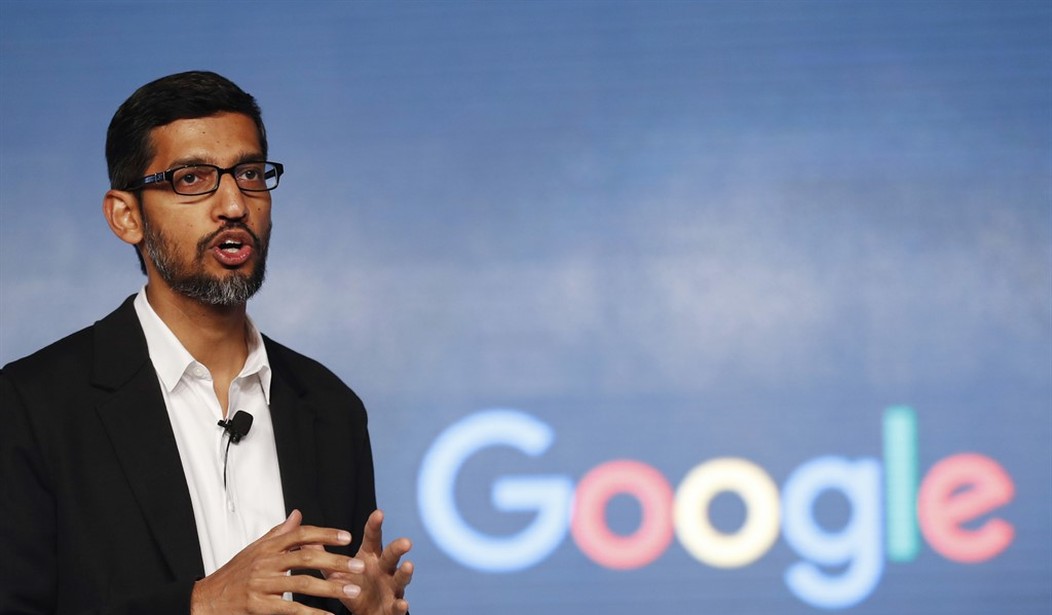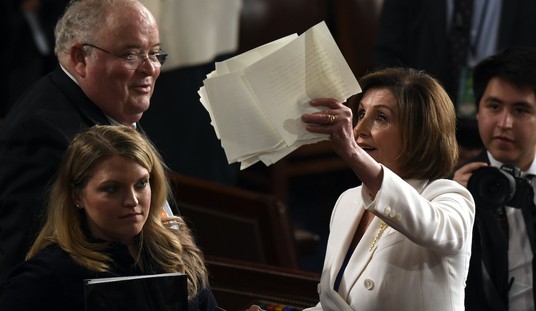Big Tech is facing a barrage of antitrust lawsuits, both state and federal, as well as potential antitrust probes in the U.K. They can now add the first antitrust lawsuit from a news publishing company out of West Virginia alleging Google and Facebook “[have] so monopolized the online ad market that ‘it threatens the extinction of local newspapers across the country.'”
HD Media, which owns several newspapers in the state, also references a suit by 10 Republican Attorneys General filed in December as proof that the two tech giants “conspired to further their dominance with a secret agreement.”
In the U.K., a competition watchdog opened a formal probe in January to determine if Google was squeezing out competition by ostensibly protecting user privacy by disabling cookies in their Chrome browser, making it harder for newspapers and competitors to track data online while Google offers other ways for advertisers to target users with personalized ads.
The investigation adds to a pile-on of recent tech backlash–related antitrust activity. Google has already been fined around $9 billion by EU antitrust authorities over a range of violations relating to search, advertising, and Android. Italy’s competition regulators are investigating its alleged abuses in display advertising. In the U.S., online publishers are suing Google for allegedly stifling advertising competition, and the Justice Department and state attorneys general are suing it (in multiple cases) over allegedly abusive contracts. The Federal Trade Commission and states are also suing to break up Facebook over “a years-long course of anticompetitive conduct.”
…
The formal investigation’s opening follows a group of news publishers and tech firms filing a complaint in November that called on the CMA to delay the introduction of Chrome’s Privacy Sandbox changes.
The industry coalition said Google’s move would be an abuse of the tech giant’s dominant position in digital advertising, making it harder for marketers to measure their ads’ performance. The result would be a lower return on their ad investments and, therefore, less money for the publishers, the group said.
In October, the Department of Justice “filed a civil antitrust lawsuit in the U.S. District Court for the District of Columbia to stop Google from unlawfully maintaining monopolies through anticompetitive and exclusionary practices in the search and search advertising markets and to remedy the competitive harms. The participating state Attorneys General offices represent Arkansas, Florida, Georgia, Indiana, Kentucky, Louisiana, Mississippi, Missouri, Montana, South Carolina, and Texas.”
As alleged in the Complaint, Google has entered into a series of exclusionary agreements that collectively lock up the primary avenues through which users access search engines, and thus the internet, by requiring that Google be set as the preset default general search engine on billions of mobile devices and computers worldwide and, in many cases, prohibiting preinstallation of a competitor. In particular, the Complaint alleges that Google has unlawfully maintained monopolies in search and search advertising by:
- Entering into exclusivity agreements that forbid preinstallation of any competing search service.
- Entering into tying and other arrangements that force preinstallation of its search applications in prime locations on mobile devices and make them undeletable, regardless of consumer preference.
- Entering into long-term agreements with Apple that require Google to be the default – and de facto exclusive – general search engine on Apple’s popular Safari browser and other Apple search tools.
- Generally using monopoly profits to buy preferential treatment for its search engine on devices, web browsers, and other search access points, creating a continuous and self-reinforcing cycle of monopolization.
The December lawsuit, brought by a broad coalition of 30 states, alleges that “Google downplayed websites that let users search for information in specialized areas like home repair services and travel reviews. The prosecutors also accused the company of using exclusive deals with phone makers like Apple to prioritize Google’s search service over rivals like Bing and DuckDuckGo.”
The New York Times reported in December that the lawsuits together “paint Google as a ruthless corporate behemoth choking off the competition in a wide range of businesses. It is a far cry from how Google has portrayed itself in the past (famously in a company-sanctioned movie, “The Internship”): a good-natured and conscientious organization full of playful nerds.”
Conservatives are often suspicious of antitrust lawsuits, arguing that they are and have always been a tool of the progressive left. But James Pethokoukis, writing at the American Enterprise Institute in 2018, argued that the consumer welfare standard is the governing standard in antitrust matters, and it was defined by Judge Robert Bork.
This from one scholar:
Antitrust was defined by Robert Bork. I cannot overstate his influence. Any antitrust person would tell you the same thing. Perhaps we will differ on the interpretation of him but Robert Bork is the single most important person in antitrust in America. Whatever happened in 1987 was insignificant by comparison. In 1960, he was concerned the socialists would take over the country through antitrust. Antitrust then was about protecting small businesses. He built a full framework about how antitrust should be more about economic efficiency than about helping small businesses. He expanded upon this in articles and the book, The Antitrust Paradox, in 1978. He wrote a sentence: Congress enacted the Sherman act as a “consumer welfare prescription.” The Supreme Court adopted that sentence in 1979. That is the stated goal in antitrust today. It is a big deal. A huge deal. In antitrust, it’s operational. Robert Bork defined it.
Indeed, some have called antitrust jurisprudence not only the greatest conservative legal success, but more broadly maybe the greatest conservative philosophical success in the United States.
While there will certainly be plenty of debate over these lawsuits going forward, The New York Times was likely accurately predicative in noting that the lawsuits represent “a movement that increasingly looks like it will usher in major changes for some of the world’s most popular digital services.”













Join the conversation as a VIP Member